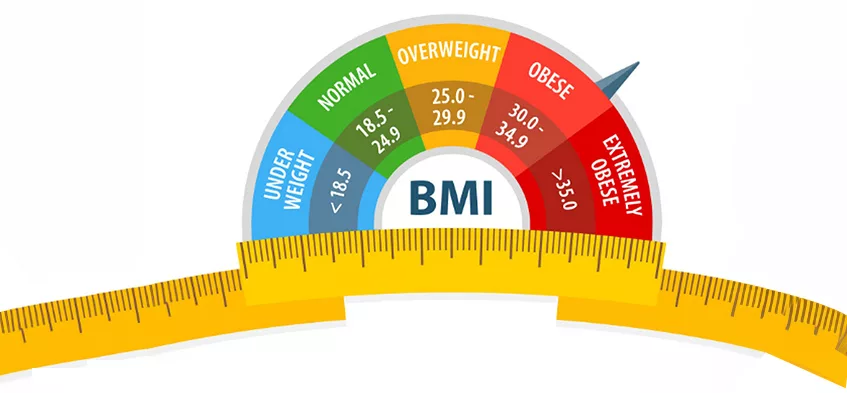Can Obese Seniors Undergo Medical Weight Loss?

In the US, obesity is now considered to be an epidemic. The CDC reports that more than 2 in 5 adults are obese (including severe obesity). Further reports have also found that the disease affects some groups more than others, with obesity affecting 41.5% of those aged 60 and older. Since it increases the risk of secondary health problems, including type 2 diabetes, hypertension, certain cancers, and stroke, the condition is considered a pressing issue among seniors.
That makes it vital for obese seniors to explore different weight loss avenues. One of the most in-demand methods as of late is medical weight loss. However, this intervention is considered to have more nuance than any regular program. Considering the nature of medical weight loss, who qualifies to undergo such treatment? More importantly, is it safe for older adults?
What is medical weight loss?
Weight loss is not one-size-fits-all. Different factors, including genetics, health conditions, age, diet, and lifestyle, are all components that affect your weight. As such, diets or fitness programs that work for others may not work for you.
This is where medical weight loss comes in. The program usually involves losing weight with the guidance of a healthcare professional, typically a doctor. Here, they may prescribe medications such as Wegovy, Saxenda, and Xenical to aid in weight management. However, people who partake in medical weight loss need to adopt healthy lifestyle changes, like a balanced diet and regular exercise, to see changes. That way, they can better address their biology and lose weight healthily under medical supervision.

Is medical weight loss safe for obese seniors?
It is important to note that medical weight loss is not for everyone. Typically, only those with a body mass index (BMI) of 30 or over are qualified for medical weight loss. But there are some exceptions, since those diagnosed with an obesity-related condition such as type 2 diabetes, high blood pressure, or heart disease may be considered even if their BMI does not meet the requirement.
Generally, that means obese seniors can undergo medical weight loss. Here, any prescribed medications can help relieve joint pain, reduce blood pressure, and blood sugar, lower triglyceride levels, and improve sleep quality. However, it is still important to consult closely with a medical professional. This is because some of the side effects of the prescription medication may cause side effects. For example, Ozempic and Wegovy may cause nausea, diarrhea, vomiting, constipation, and stomach pain. This may exacerbate any pre-existing health conditions you may have. Additionally, the rapid weight loss induced by these drugs is often accompanied by a loss of muscle mass. This can increase the risk of falls and fragility fractures for older adults since they already experience involuntary muscle loss that comes with advanced age.
If you are considering medical weight loss, follow your doctor’s recommendations, take your medications as prescribed, and contact him if you have any side effects.

Fundamental lifestyle changes can help you maximize the benefits of medical weight loss
Developing healthy habits to aid your weight loss safely can help you reap the benefits of any prescribed medications while combating any complications. For example, you can incorporate more movement into your current lifestyle through exercises such as walking, dancing, and tai chi — all older adult-friendly, low-impact exercises that can help mitigate the loss of lean muscle from weight loss. Additionally, regular exercise can strengthen your bones, improve your heart health, and strengthen your immunity to disease.

Eat your veggies
We recommend eating more powerhouse veggies to promote weight loss, boost cognitive function, and support your gut health. Foods like butternut squash, kale, asparagus, and bell peppers are great for a healthy diet filled with antioxidants, vitamins, and essential nutrients to support your body. After all, the best weight loss strategy will always be the one that can improve your overall well-being without causing injury or compromising other aspects of your health.
If you are considering medical weight loss, prepare questions for an honest discussion with your physician.




